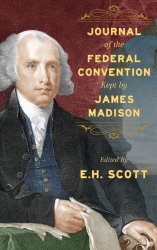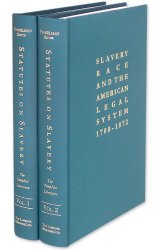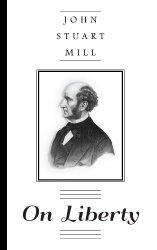Journal of the Federal Convention Kept by James Madison: Special Edition
Reprint of the Special Edition. Edited by E.H. Scott. Originally published: Chicago: Scott, Foresman and Co., 1898. 805 pp. Founding father (and fourth President of the United States) James Madison [1751-1836] appreciated the significance of the Federal Convention and took great care to compile an accurate report of its proceedings. His journal, which covers the period from May …




